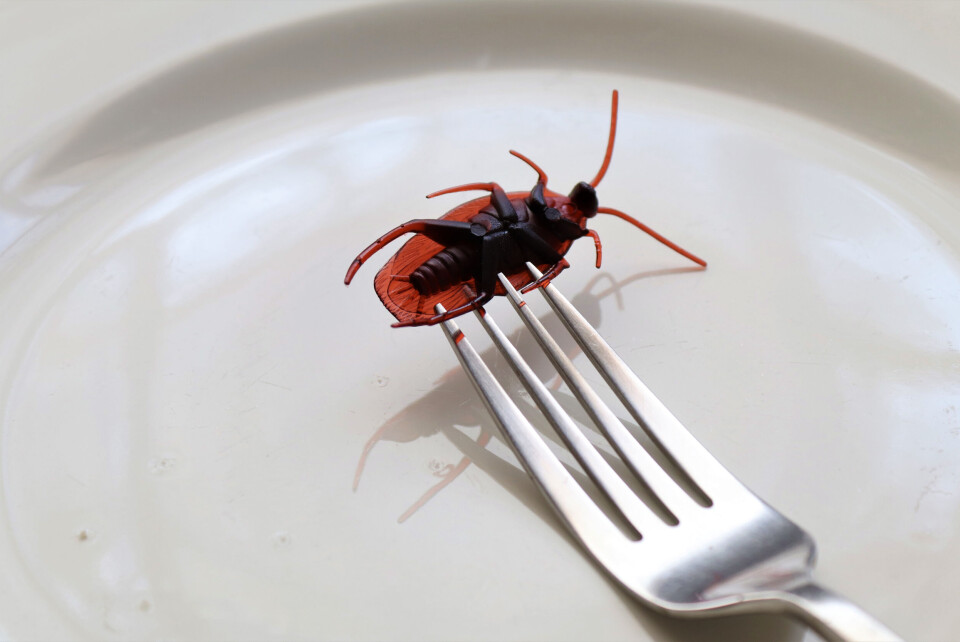-
How France’s new food strategy aims to change the national diet
The plan outlines new goals for meat consumption
-
Why supermarkets are urging shoppers to buy French leeks
Try our French classic leek vinaigrette recipe
-
More communes in France distribute Asian hornet traps
Residents are increasingly receiving help, with now the best time to capture the queens
Beetle burger anyone? French firm allowed to cook with Buffalo beetles
The start-up now plans to step up production massively and wants to create burgers and protein bars

A French start-up that specialises in using insects to make sustainable food has received the green light from the European food safety agency to produce human food made of Buffalo beetle.
The Agence européenne de sécurité des aliments (EFSA) has allowed French firm Ynsect to use the insect as a protein source to create its food items, including burgers and energy bars.
This means the Buffalo beetle is the fourth beetle to be approved by the EFSA, and the second insect to receive approval at Ynsect. Last year, the start-up received approval for the Mealworm beetle.
The green light from EFSA means that European Commission approval is expected in the coming months, paving the way for widespread sale in the EU.
Products using the Buffalo beetle proteins – the beetle larvae, to be precise – can now be sold in France, as the DGCCRF has shown tolerance, pending final approval.
While waiting for the green light from Brussels, some European countries have been authorised to take ‘transitional measures’ allowing the production and marketing of insect proteins. However, while this was authorised in the Netherlands, it was not in France.
This is how Ynsect has already been allowed to start producing insects for human consumption, as it acquired Dutch company Protifarm in 2021.
The Buffalo beetle is already found in burgers, cereal bars, and granola sold in Austria and Denmark. The protein levels are thought to be similar to those found in steak.
It has also discussed using it for other sustainable, green food products including dog food as well as human products.
Ynsect now wants to speed up its production. Production at its Dutch site is expected to rise to 20,000 tonnes a year, compared with 1,000 tonnes today.
Its farm in Dole, in Jura, will now be transformed into a production line for human food when the construction of a giant farm in Amiens is completed.
📣 UPDATE: the reality of producing insects at the world's biggest #verticalfarm is getting closer.. and while we're working on it, the view isn't so bad.
— Ÿnsect (@Ynsect) May 16, 2022
We can't wait to produce our 200,000 tons of ingredients to make #insects present throughout the food chain! @FARMYNG_EU pic.twitter.com/E6DgDwxokp
Related articles
French retail giant Auchan to sell chickens fed with insects
























